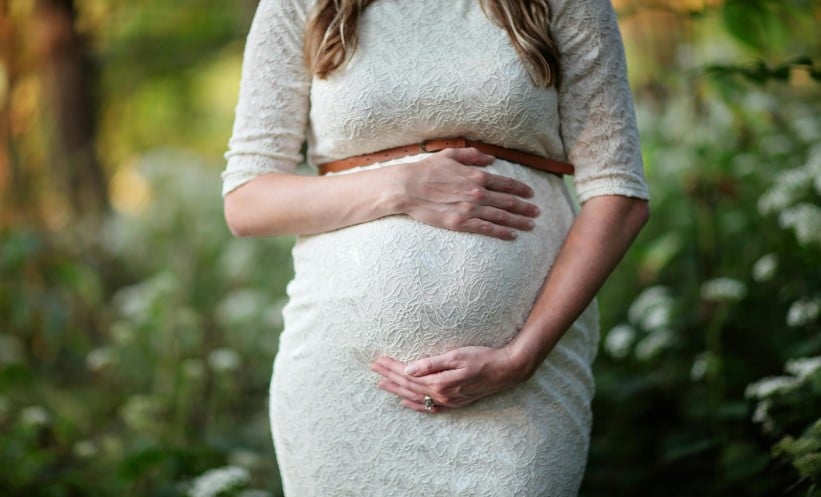PREGNANCY and childbirth have been shown not to increase the risk of recurrence of stress urinary incontinence (SUI), despite common belief amongst clinicians. Roughly 20–25% of females worldwide experience SUI, significantly impacting their quality of life. Treatment involves placing a mid-urethral sling (MUS), which has a success rate of 85%; however, clinicians often recommend surgical treatment be postponed in pregnant females with an MUS, and will often recommend undergoing a Caesarean delivery as opposed to a vaginal delivery, as a result of concerns about subsequent SUI after MUS. Recent research, conducted by Chen Nahshon, Carmel Medical Center, Haifa, Israel, and team, suggests that there may be no need for such concern.
In a comprehensive meta-analysis, Nahshon and colleagues evaluated literature on the association between MUS and SUI recurrence risk in subsequent pregnancy, up to the 20th of September 2023. The data evaluated included randomised control trials and observational studies looking into SUI recurrence after MUS, as well as studies evaluating the risk in vaginal versus Caesarean delivery. SUI recurrence after childbirth, and reoperation for SUI after childbirth, were evaluated as primary outcomes. Secondary outcomes included the impact of delivery mode on SUI recurrence, and reoperation rates. Two independent reviewers screened six studies, including 381 patients who gave birth after MUS procedure, and 860 who did not undergo childbirth after MUS.
Vaginal delivery was reported in 182 patients in the study group, Caesarean delivery in 195, and both in four. Mean age of patients was 34–36 years during the MUS procedure, with a mean 21–31 months between the procedure and delivery. An average follow-up time of 9.8 years was reported. Results showed that the chance of SUI recurrence following MUS was 17–24% among patients with childbirth versus 15–22% among patients without childbirth (risk ratio: 1.02). Additionally, SUI recurrence and reoperation was not significantly different between patients with vaginal and caesarean delivery, (risk ratio: 1.81 and 1.43, respectively).
The team concluded that subsequent childbirth does not increase SUI recurrence or reoperation risks amongst females who had received prior MUS. Though more prospective randomised studies are needed in order to support this claim, this initial research suggests that postponing surgical treatment in patients with SUI, who are planning childbirth, or opting for Caesarean sections as opposed to vaginal delivery, is an unnecessary practice.







